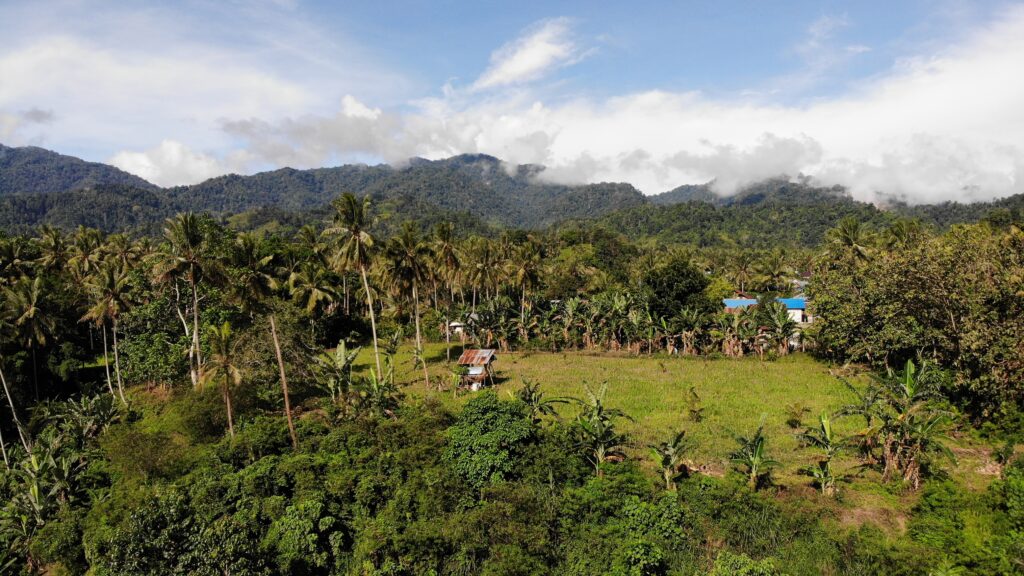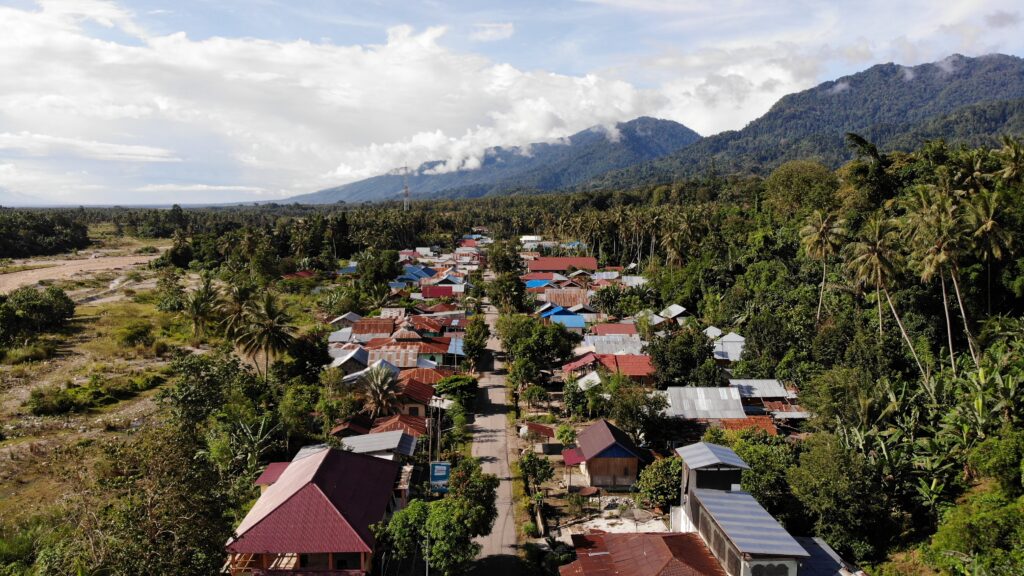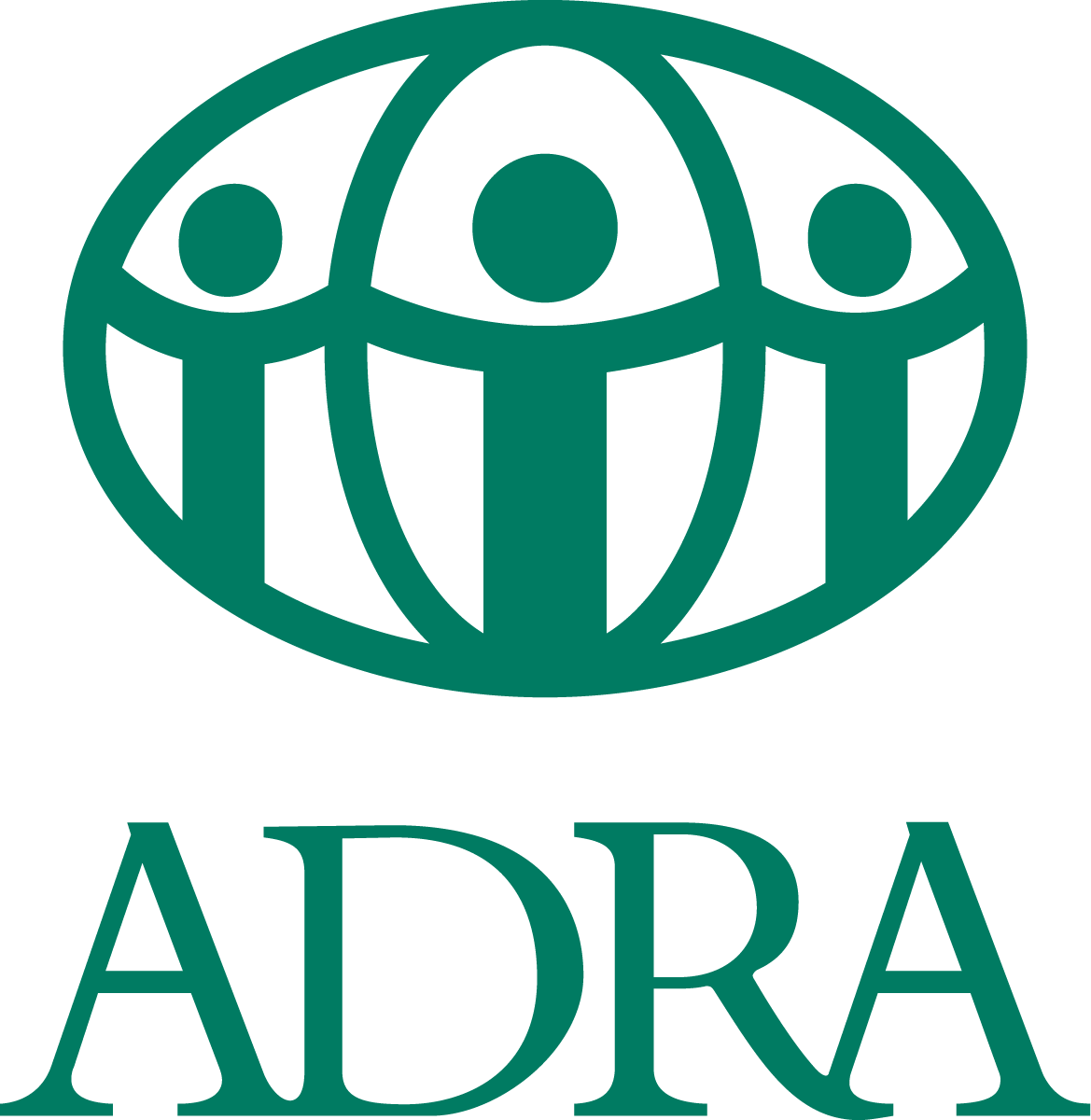On 28th September 2018, a 7.4 magnitude earthquake hit Donggala in Central Sulawesi province, Indonesia, with over 490 aftershocks to date. The largest earthquake, in combination with a landslide on the ocean floor, triggered a near-field tsunami with speeds of up to 800km per hour that struck Palu Bay and the western coast of Donggala regency with waves of up to 6m high. The governor of Central Sulawesi stated that 4,547, 3,679 of which were from Palu alone, died in relation to the earthquake, liquefaction, and subsequent tsunami. Included in this figure were 701 missing people and 1,016 unidentified individuals buried in mass graves. According to the Governor’s report, 172,999 individuals (53,172 households) were displaced across Central Sulawesi.

Sigi District was particularly affected. In December 2018, ADRA Indonesia’s REAF project conducted a situation-based assessment identifying the following issues preventing recovery: (1) food insecurity and reliance on food assistance; (2) loss of livelihoods and facilities; (3) declining household income because of damaged agricultural land, loss of livestock and lack of inputs and technology; and (4) lack of technology, business literacy skills, capital, and weak access to market for successful livelihood activities.
In January 2019, a joint needs assessment was conducted by a team composed of eight staff from ADRA Switzerland and ADRA Indonesia in four target villages across Dolo Selatan Sub-district, Sigi District, and Central Sulawesi Province. 95 people (45 women and 50 men) were involved in the focus group discussions mapping out the context of their livelihood situation. The two major issues identified by the needs assessment were (1) weak resilience to recovering the families’ economy and to reinforce facilities, and (2) declining household incomes because of damaged agricultural land and infrastructure.
Based on the REAF projects Baseline Survey conducted in December – January 2019, 86.8% of respondents (n=234) stated their family had experienced food insufficiency in the last 12 months. All respondents in one of the four targeted villages reported they faced food insecurity, whereas only 72% respondents reported food insecurity in the last 12 months. The main cause of food insufficiency was due to natural disasters (71.9%, n=203), followed by decrease in agricultural production (18.2%). Irrigation canals were damaged, and water became scarce for crop production. Roads damaged by the earthquake and liquefaction also disturbed food availability in the immediate aftermath. Other reasons for food insecurity were the decline in crop production, limited agricultural land, and an increase in family size.
The baseline results showed the average monthly food sufficiency was only 6.25 month/ year. When people face food insufficiency, major coping strategies seemed to be consuming less variety of food (29.1%), reducing the number of meals per day (21.7%), consuming lower quality food (18.7%), reducing portion size (16.7%) and reducing meals of adults in favor of children (13,8%).

Continuing livelihood recovery amongst the earthquake affected families, in September 2020, ADRA Indonesia implemented the 12-month ‘Recover and Improve Livelihoods of Earthquake Affected Families (RILEAF)’ project to assist 9 villages in Sigi District. An assessment conducted in November 2020 found that most of the tertiary canals in 9 villages were open canals still covered by sediment and remained crushed, broken and damaged due to the earthquake. Since 2014, the irrigation and drainage system in Sigi district (where the targeted villages Baluase, Balumpewa, Bobo, Kaleke, Pesaku, Rogo, Sambo, Sibonu, Walatana are located) had been improved, and at the time of the earthquake, had reached nearly 50% of their target areas. However, the earthquake destroyed this progress leaving behind nearly 94 km of damaged irrigation network affecting approximately 7,800 ha of agricultural land.
The RILEAF project aimed to enable farmers to resume and improve the cultivation of arable land, mitigate food scarcity during the COVID-19 pandemic, improve the water distribution mechanism and maintenance of irrigation and drainage systems, and allow the most vulnerable families to recover, improve and diversify their livelihoods benefitting 800 households directly and 1×242 households indirectly.
To address these issues, ADRA Indonesia undertook the following interventions:
- Providing multi-purpose cash assistance to vulnerable households to assist communities in covering daily needs and kickstarting sources of income. Livelihood skills training and business/action plan development accompanied the cash transfers.
- Cash for Work (CFW) programs were implemented to restore important public facilities and agricultural lands, including the restoring of irrigation canals.
- Encouraging the adoption of improved agricultural technologies through dissemination and training to support recovery and resilience of affected farmers to ensure the community can improve farming skills to increase income.
- Disaster Risk Reduction (DRR) principals applied to protect irrigation canals and agricultural farms.
The implementation of these interventions contributed to a great improvement in the community and even benefited the local government. In line with the district government’s plan for the establishment of an Irrigation Commission chaired by Bappeda and its deputy, the RILEAF project “is highly relevant for the government as it helps us to implement our relevant program plan priorities,” stated the District’s Development Office (Bappeda) representative.
At the community level, beneficiaries felt they were valued due to their participation in the project design and community planning processes to select prioritized interventions for implementation. The livelihood models provided opportunities for women and vulnerable groups to work around their home and generate income receiving training to build relevant knowledge and skills. Community members felt they had a better understanding of how to develop and manage small businesses, develop P3A proposals for water/irrigation management, and prepare and respond to disasters.
“I am happy to be involved in this ADRA project. It is very helpful for me and my family. I can have my own small business. I hope this project will continue and that those in need who have not received assistance yet, can be served,” stated a female beneficiary from Sambo Village.
At an individual level, the RILEAF project supported the community with BPJS Ketenagakerjaan (worker insurance account) by assisting beneficiaries to open their own savings account.
The unrestricted cash assistance provided by the RILEAF project positively affected community income. Respondents informed that funds received were used primarily for income-generating activities resulting in an increase in business of MSMEs, animal husbandry/livestock, fisheries, and agriculture. Livestock groups were formed in 9 target villages ensuring post-project sustainability. Farmer-beneficiaries finally had enough seed funds to reduce their dependence on middlemen/shark-lenders to determine the market and selling price without significant deductions. In addition, through training, beneficiaries were able to increase knowledge on business strategies and develop relevant business plans.
Success of the REAF project is evidenced in the end line survey conducted in August 2021. A 12.05% decrease in the number of households who experienced food insecurity was revealed. Causes of food insufficiency continued to be attributed to; the impacts of natural disasters (55.26%), the COVID-19 pandemic (39.4%), poor crop production (17.1%) and limited land (8.7%). In comparison to baseline survey results, livelihood conditions of earthquake affected families were positively developed through improved agricultural and livestock resources. This resulted in increased food security and local markets returning to normal as economic conditions improved overall in Central Sulawesi.
Written By: Septa Lestari & Niken P. Utami
Photo: © 2021 ADRA Indonesia
*This article was featured as the Technical Focus in ADRA Asia Regional Office’s quarterly Magazine ADRA Asia Focus Vol 2 | No 1*
Visit the ADRA Indonesia website to learn more: https://adraindonesia.org/en/
